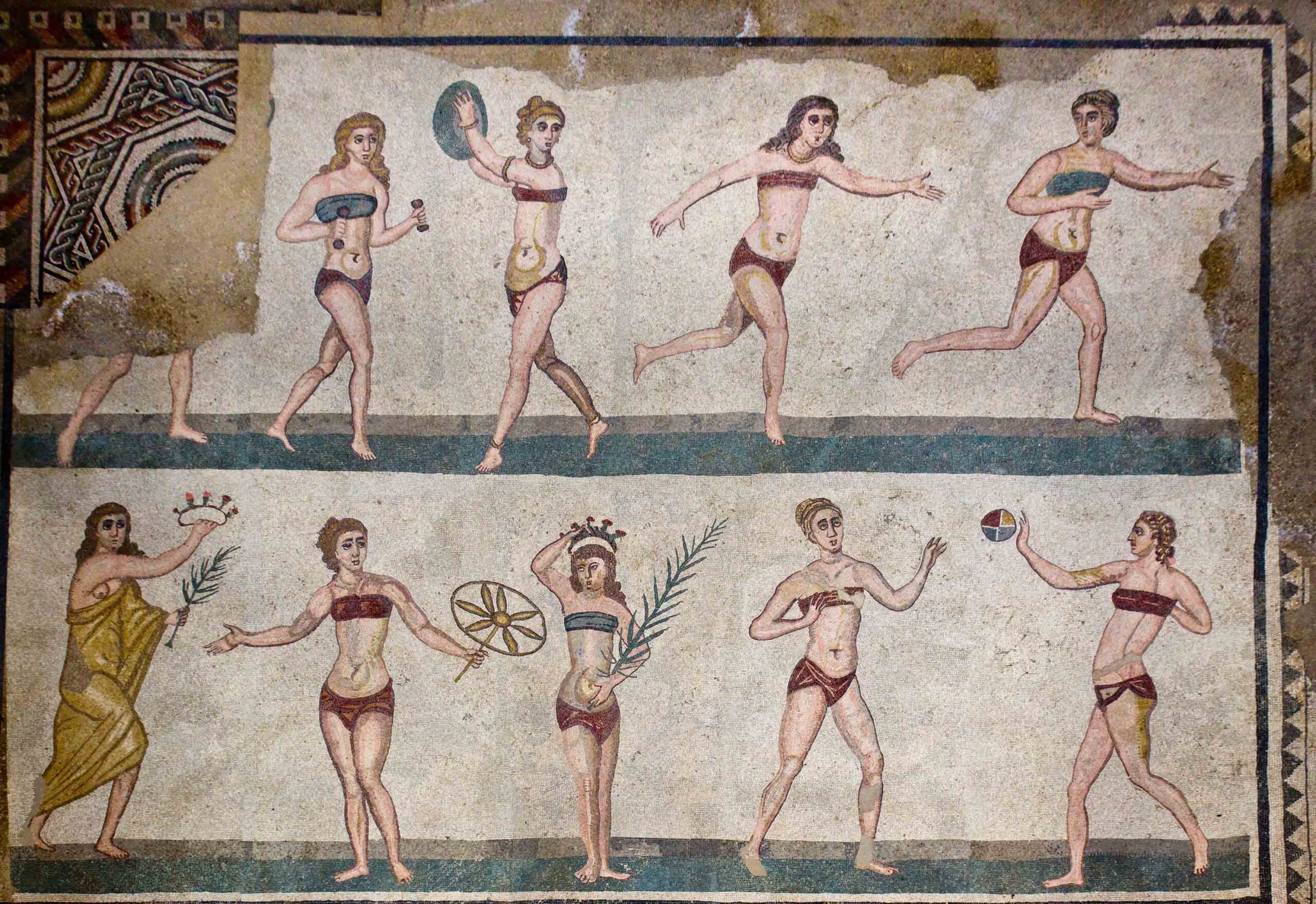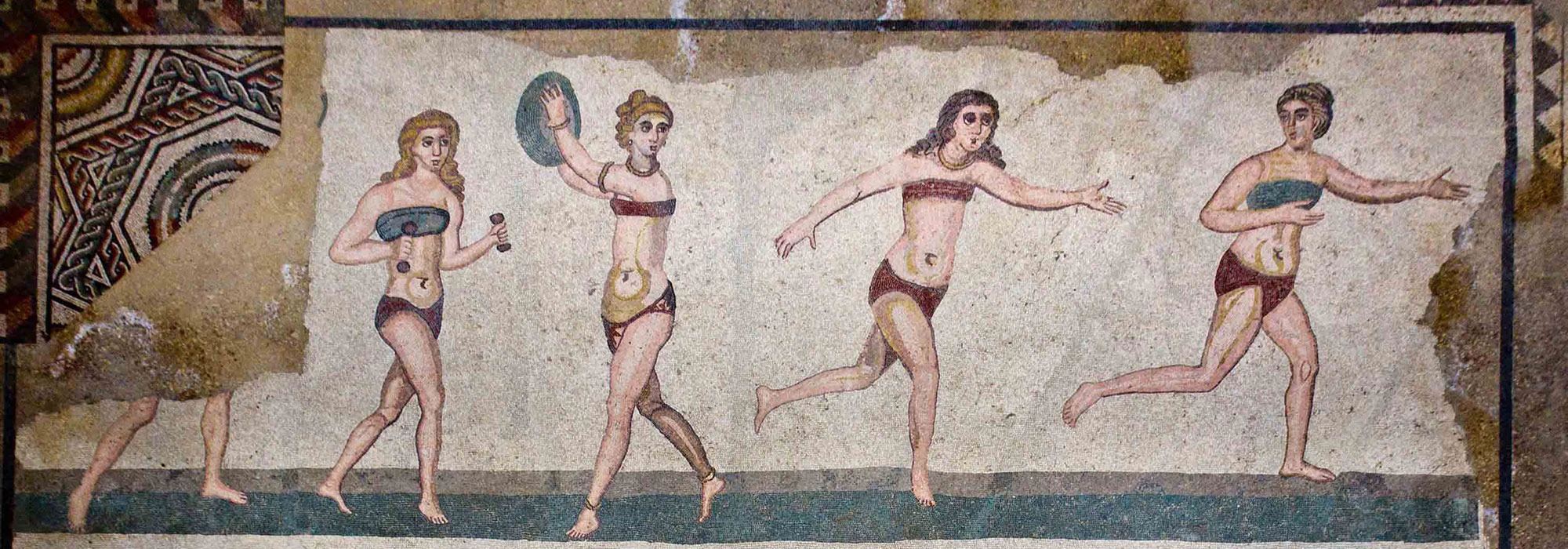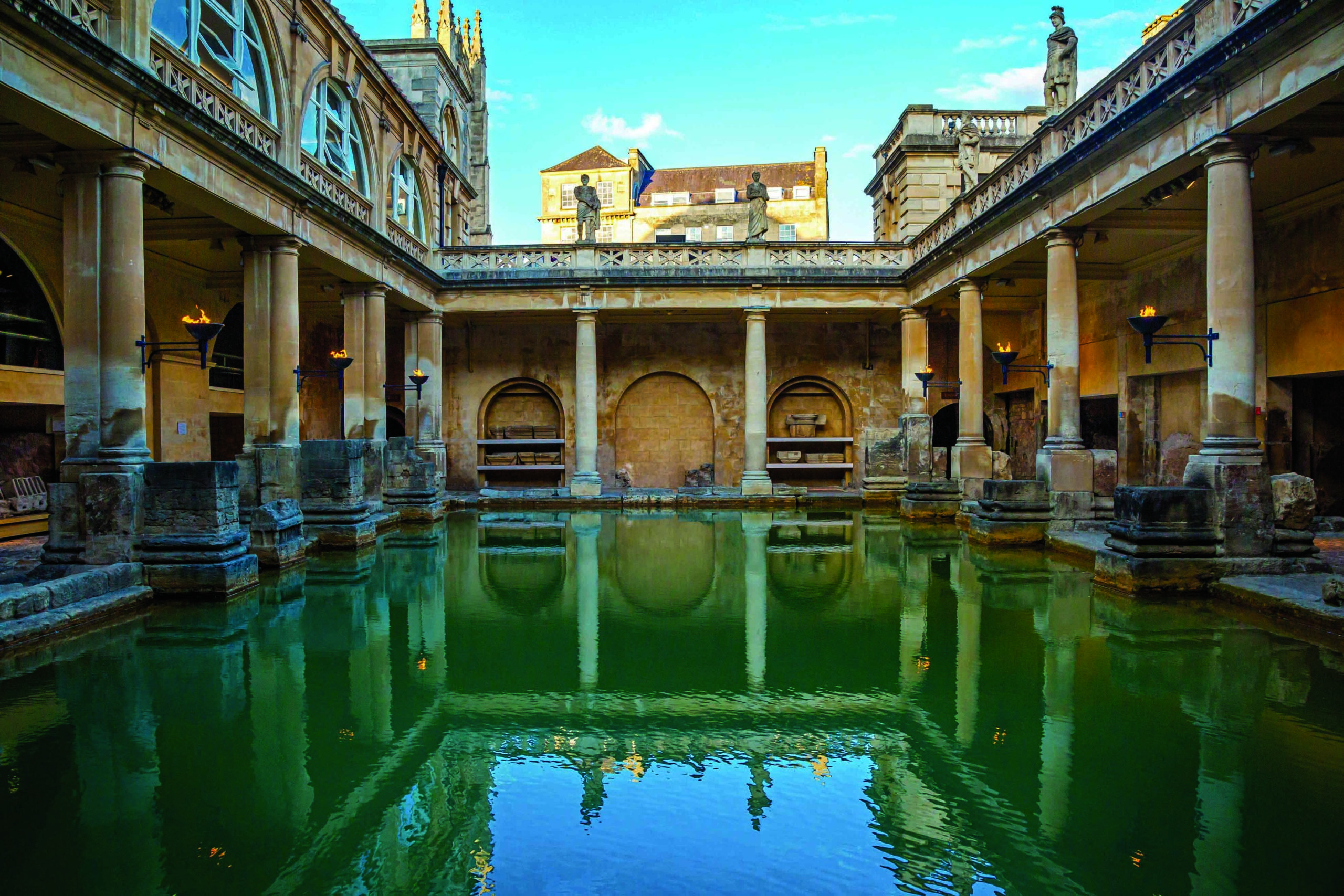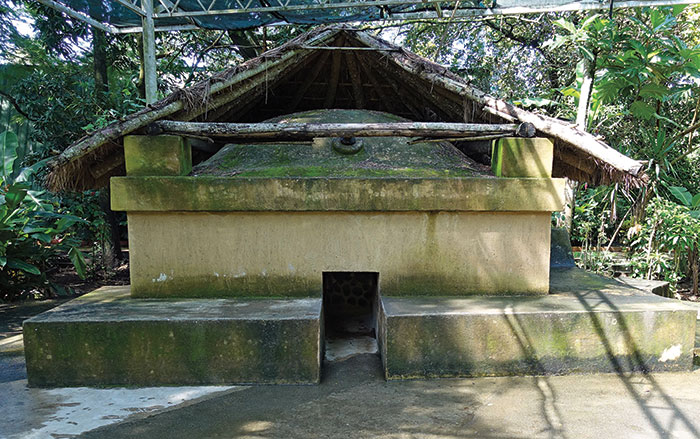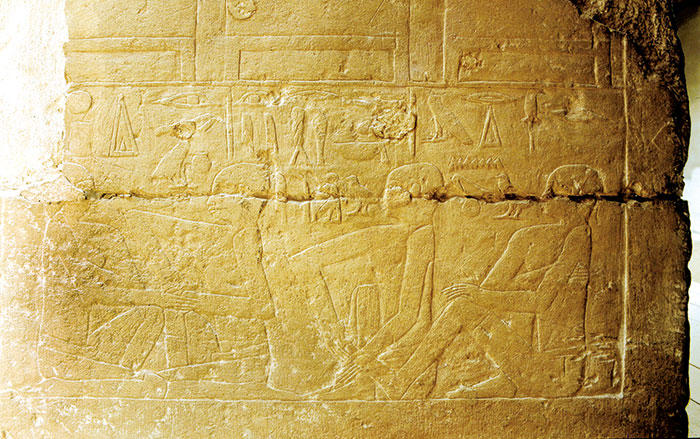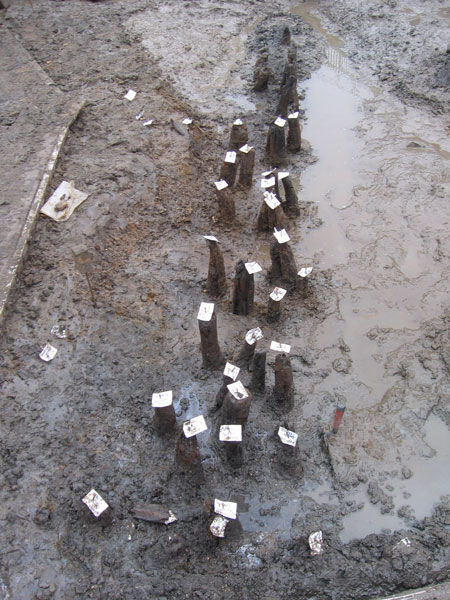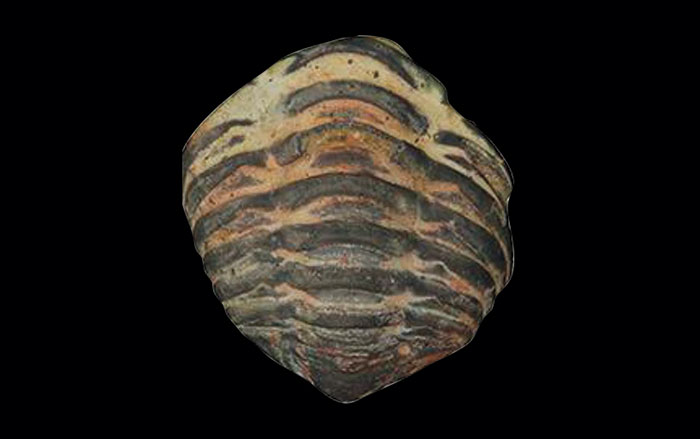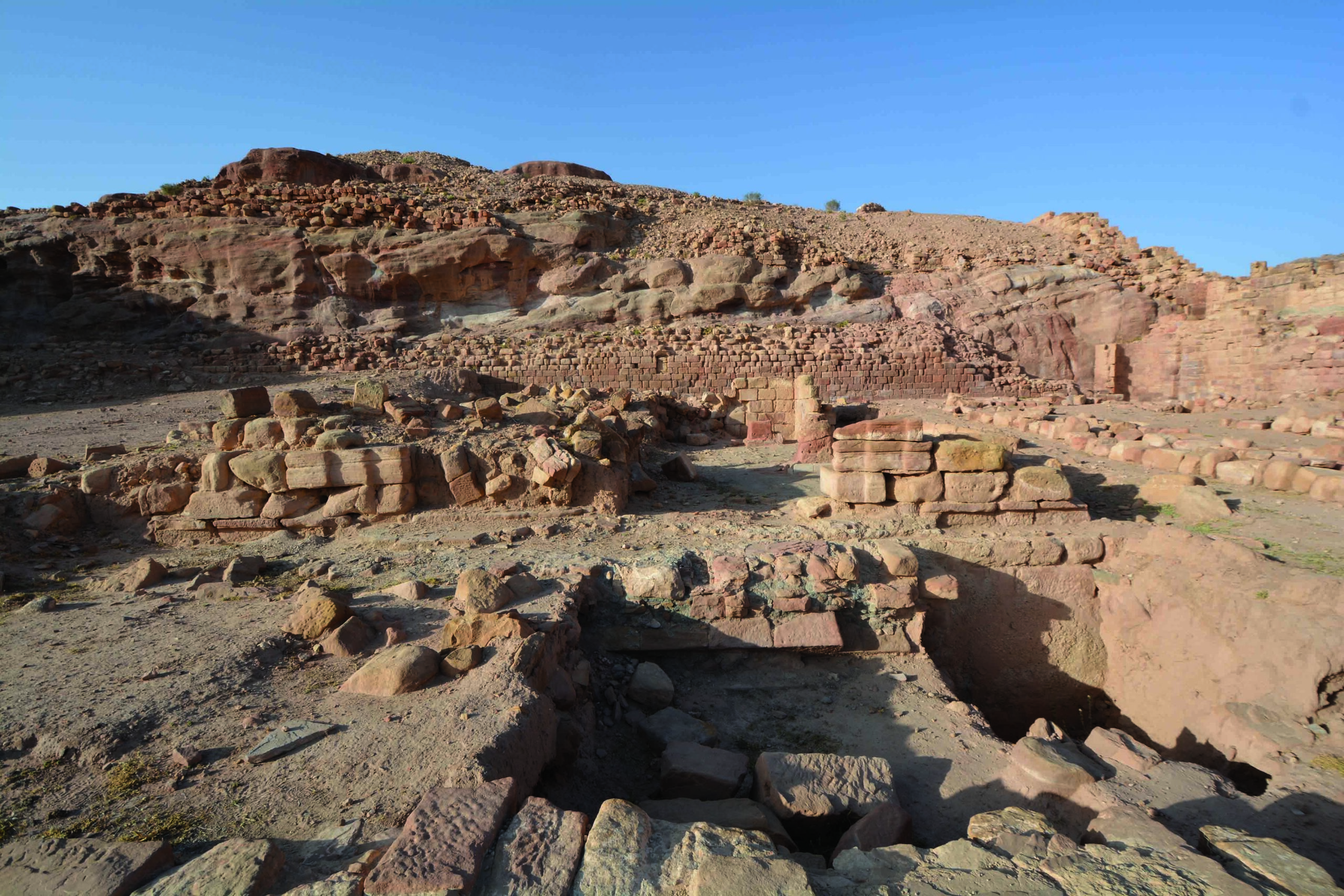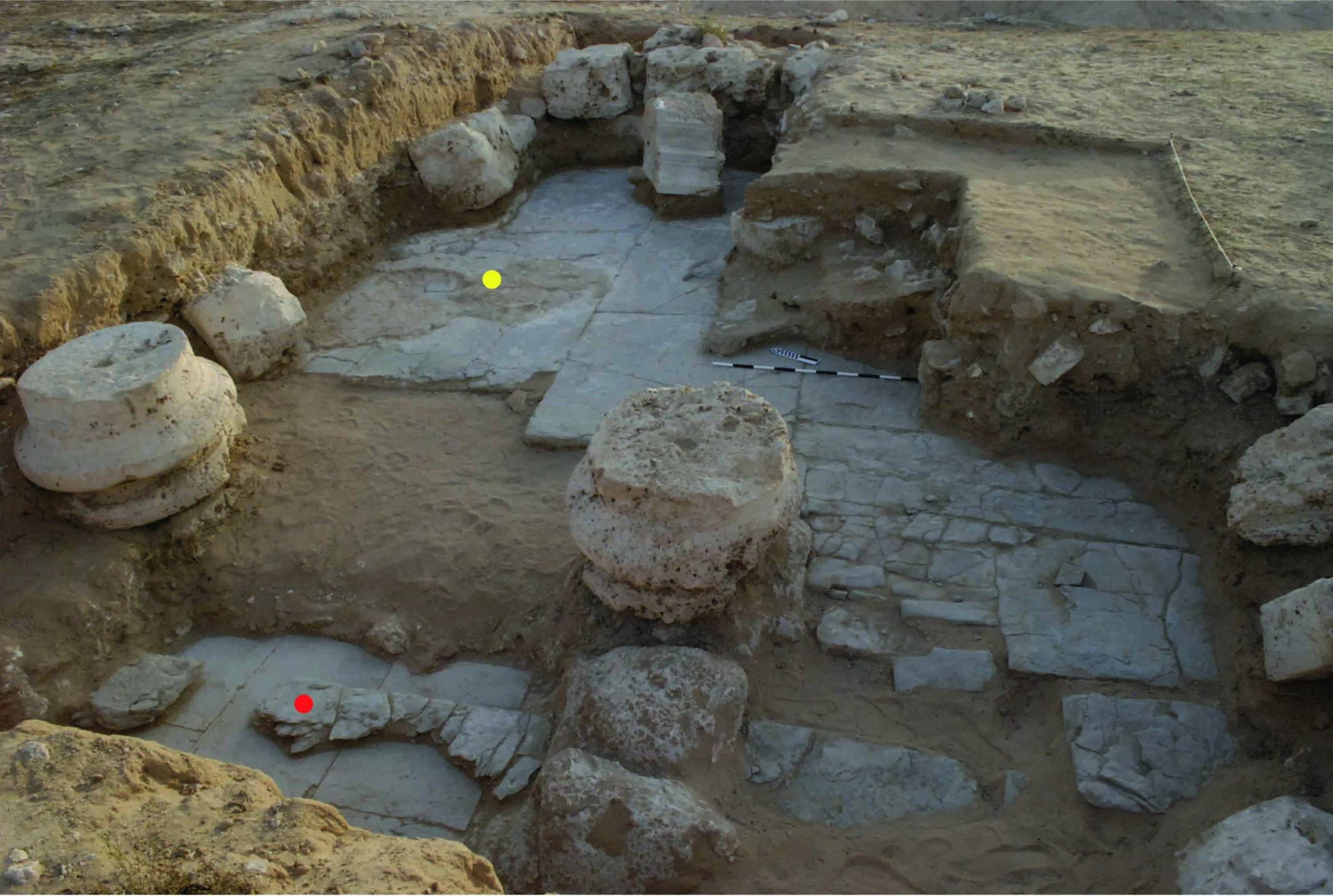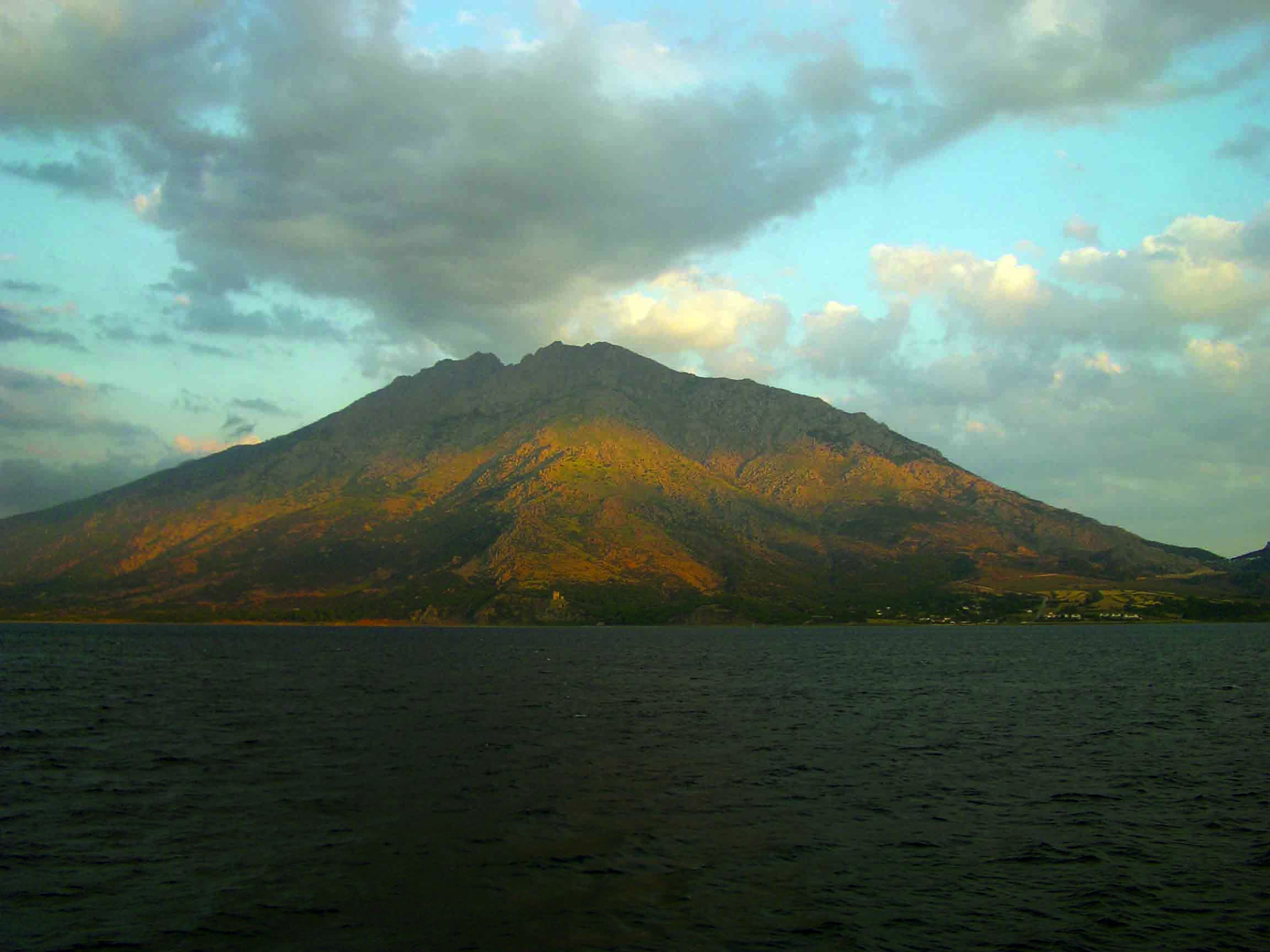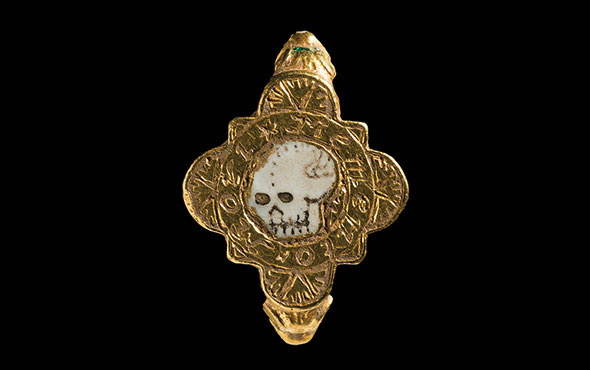One of antiquity’s most prolific writers on the subject of health and wellness was the second-century A.D. physician, surgeon, and philosopher Galen. He saw health not just as lack of disease, but as a state that could be achieved by living a balanced life, an important component of which was moderate exercise. For the ancient Greeks, exercise meant competition, often in organized festivals such as the Olympics—the word “athlete” comes from the ancient Greek athlos, meaning contest. Participation in these events was limited to young men of certain classes. Exercise was also a crucial part of preparation for Greek military service, and thus women were excluded. But in the Roman world, exercise was more universally popular, and both men and women were frequent participants. Romans often exercised at the public baths, where both sexes and most social classes regularly gathered, says classicist Nigel Crowther of Western University. Men might play ball, run, wrestle, box, or lift weights. Women swam, played a hoop-rolling game called trochus, and especially favored ball games. “Galen suggests that ball games were good training for the fitness of both body and mind,” Crowther says.
